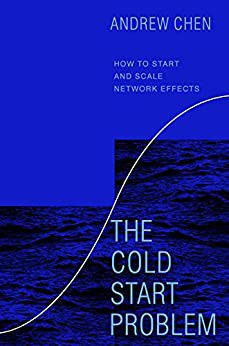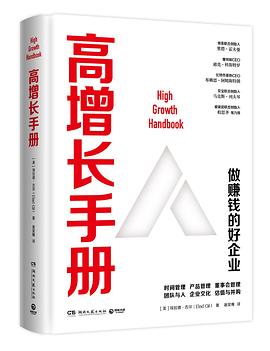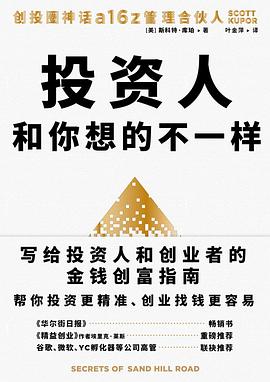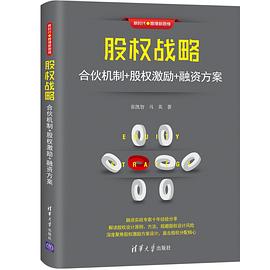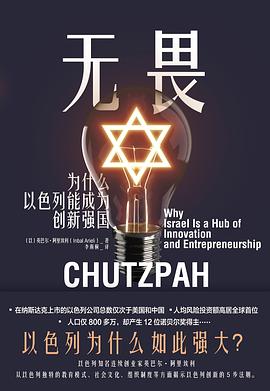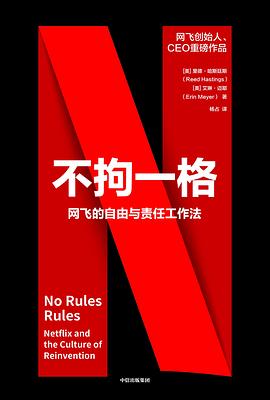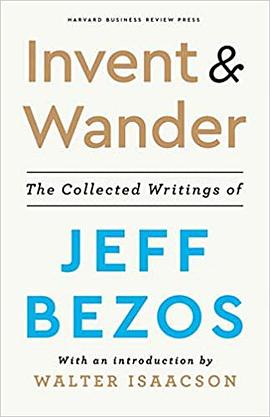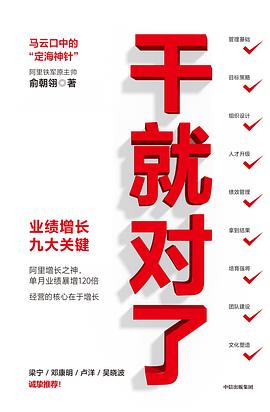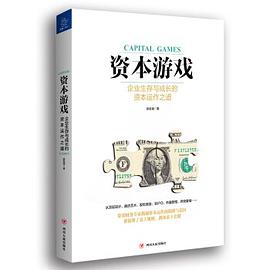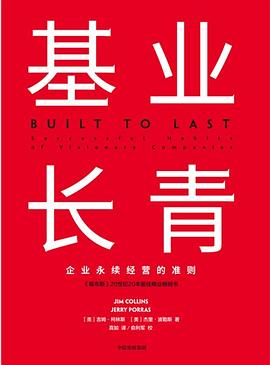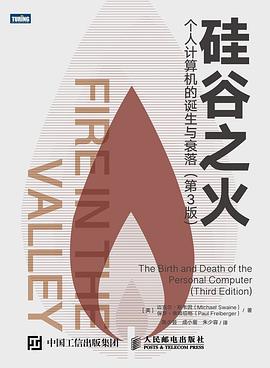
具體描述
Andrew Chen is a General Partner at Andreessen Horowitz where he invests in consumer technology, including social, marketplace, entertainment, and gaming experiences. Today, Andrew serves on the boards of Envoy, Hipcamp, SandboxVR, Singularity6, Sleeper, Snackpass, Substack, and Virtual Kitchen Co.
Prior to joining a16z, Andrew led the Rider Growth teams at Uber. He has also served as an advisor/investor for tech startups including AngelList, Barkbox, Boba Guys, Dropbox, Front, Gusto, Kiva, Product Hunt, Tinder, Workato, and others.
Andrew holds a B.S. in Applied Mathematics from the University of Washington.
A venture capitalist draws on expertise developed at the premier venture capital firm, Andreessen Horowitz, and as an executive at Uber to address how tech’s most successful products have solved the dreaded "cold start problem”—by leveraging networks effects to launch and scale towards billions of users.
Although software has become easier to build, launching and scaling new products and services remains difficult. Startups face daunting challenges entering the technology ecosystem, including stiff competition, copycats, and ineffective marketing channels. Teams launching new products must consider the advantages of “the network effect,” where a product or service’s value increases as more users engage with it. Apple, Google, Microsoft, and other tech giants utilize network effects, and most tech products incorporate them, whether they’re messaging apps, workplace collaboration tools, or marketplaces. Network effects provide a path for fledgling products to break through, attracting new users through viral growth and word of mouth.
Yet most entrepreneurs lack the vocabulary and context to describe them—much less understand the fundamental principles that drive the effect. What exactly are network effects? How do teams create and build them into their products? How do products compete in a market where every player has them? Andrew Chen draws on his experience and on interviews with the CEOs and founding teams of LinkedIn, Twitch, Zoom, Dropbox, Tinder, Uber, Airbnb, Pinterest — to provide unique insights in answering these questions. Chen also provides practical frameworks and principles that can be applied across products and industries.
The Cold Start Problem reveals what makes winning networks successful, why some startups fail to successfully scale, and most crucially, why products that create and compete using the network effect are virally important today.
用戶評價
##整體結構是清楚的。但是一開始說要把network effect講透,sorry並沒有。case study很多,不忘隱晦告訴你這些企業可以但是你參照一樣的不一定行的通哦!那我參考啥呢
評分 評分##整體結構是清楚的。但是一開始說要把network effect講透,sorry並沒有。case study很多,不忘隱晦告訴你這些企業可以但是你參照一樣的不一定行的通哦!那我參考啥呢
評分 評分 評分 評分 評分##uber growth strategy精華 評估network價值的可貴洞見 web3中齣現super app後network價值可以重寫,在這之前network是推動virtuous cycle的有效工具
相關圖書
本站所有內容均為互聯網搜尋引擎提供的公開搜索信息,本站不存儲任何數據與內容,任何內容與數據均與本站無關,如有需要請聯繫相關搜索引擎包括但不限於百度,google,bing,sogou 等
© 2025 book.qciss.net All Rights Reserved. 圖書大百科 版權所有

